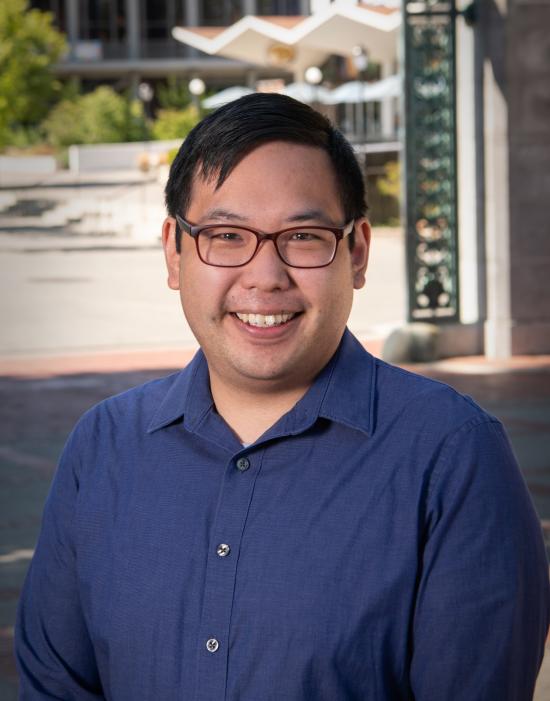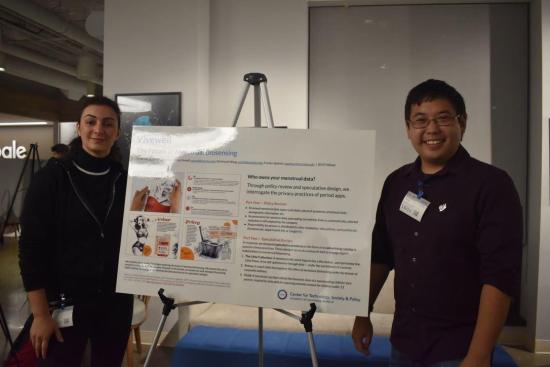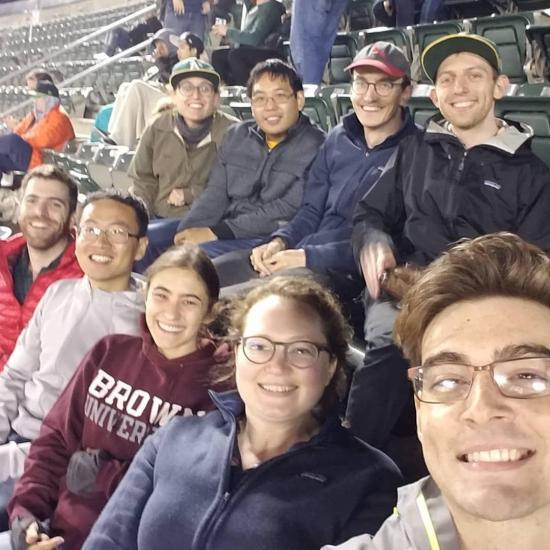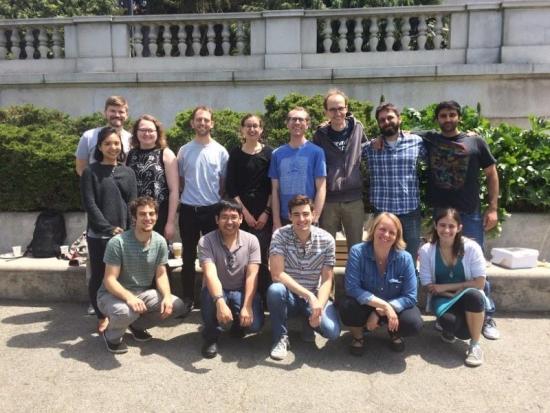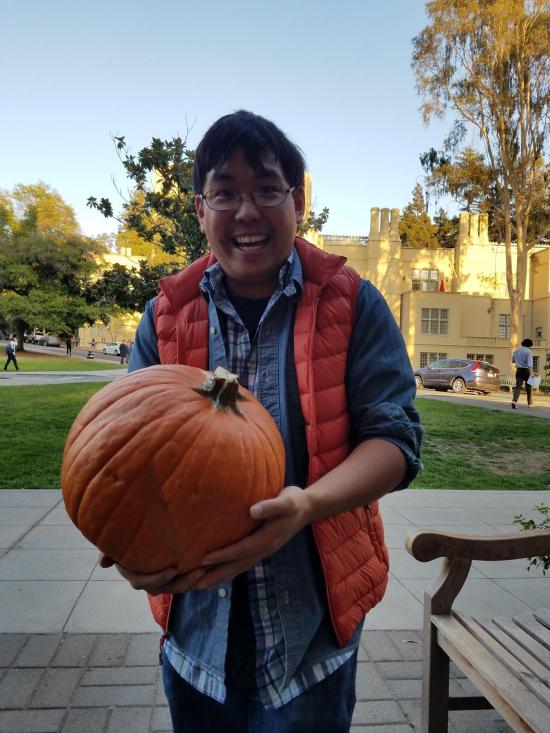Richmond Wong graduated from the School of Information with a Ph.D. in information science in 2020. Prior to the I School, he graduated from Cornell University with a Bachelor of Arts in Science & Technology Studies and in Information Science. He is currently an Assistant Professor of Digital Media at Georgia Tech’s School of Literature, Media, and Communication.
Why did you choose the I School?
I was drawn to the I School’s interdisciplinary perspective. While everyone used different methods and theories, people were drawn to a similar set of problems centered around how information, technology, and society all influence and affect each other. In addition, I was drawn to the feeling of community among the Ph.D. students and I School students more broadly, as well as the vibrancy of the East Bay Area!
What was your focus at the I School?
At the start of my Ph.D., I focused on how to create new design activities to help technology practitioners better consider and think through different conceptions of privacy during the design process. Generally, these design activities would help practitioners speculate about possible futures with different technologies and their potential impacts on privacy. Over time, my focus shifted to more broadly understanding the work that technology practitioners do in their workplaces to try to surface and address ethical issues (including those related to privacy), and the social and organizational barriers they encounter. To do this, I drew on a lot of perspectives, including those from science & technology studies, critically-oriented human-computer interaction, and design.
What was your favorite class?
I loved Deirdre Mulligan’s class “Technology and Delegation,” which really informed how I think about promoting and protecting social values that we care about. We might design a technical tool or solution, but we might also consider “designing” a standard, an auditing process, a platform policy, or an organizational structure. It really opened my mind to a broader set of possibilities, which I consider in the ongoing work I do!
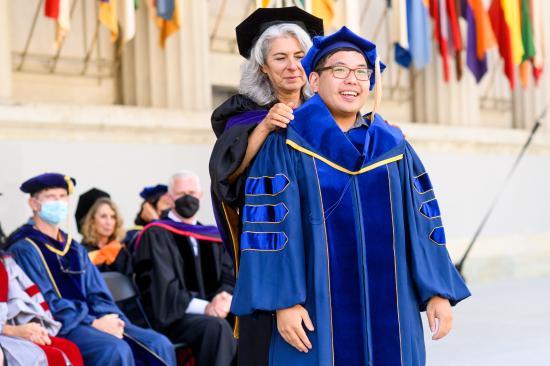
What is an information challenge that intrigues you?
A lot of “values and ethics in design” tools to help technologists identify ethical issues are built with the assumption that the individual who uses the tool is able to make design changes that address the identified issues. However, this is often not the case, particularly in larger organizations where there are many stakeholders that may need to be convinced that it’s worth taking an alternate design path. The person using the ethics tool often doesn’t have final decision making power about the product. So I’m intrigued by asking: How do we shift from thinking about values and ethics in design as a problem of individual responsibility, to instead thinking of it as a more collective or organizational one? What do values and ethics in design tools look like with that reframing?
Technology design is a social and cultural practice (as well as a technical one). Thus, helping technologists design ethical systems requires more than creating technical ethical design tools; it also requires creating social and cultural infrastructures that can help support technologists to make ethical decisions.
You’re currently an Assistant Professor at Georgia Tech’s School of Literature, Media, and Communication, what compels you to work in academia? Tell us about your first year as faculty!
At Georgia Tech, I’ve started the Creating Ethics Infrastructures Lab, where we investigate a broad range of practices that can help create social and organizational environments where technologists can take actions to design ethical systems, including: law and policy, organizational practices, platform rules, worker and community-led actions, and new design tools. I’m excited to be able to support and use interdisciplinary perspectives and make use of both qualitative and design-based methods. I find mentoring students in their research to be a highly rewarding part of my work, and I really enjoy that aspect of working in academia. At Georgia Tech, I also get to interact with Berkeley I School Ph.D. alums which has been enjoyable (Noura Howell, who is also an assistant professor at the School of Literature, Media, and Communication; and Neha Kumar, associate professor in the School of Interactive Computing and School of International Affairs).
You have spent time exploring the intersection between ethics, design, and technology—by publishing research and even in your current occupation. Why do these topics interest you and how have you pursued these interests?
A lot of motivation for how I approach the intersection of these topics stems from one of my dissertation research interviews. The interviewee, who worked at a large tech company, did the supposed “right things” about ethical design issues, where she successfully identified an issue and brought it up in several ways. Yet in the end, nothing really changed to address the harm she identified. I think this shows how just identifying potential ethical issues isn’t enough to create ethical change — however, a lot of the “values and ethics in design” tools that we create in the research community focus on the problem of identifying issues. So my work now focuses on better understanding how to create environments where people can take action after identifying ethical design issues. This includes: (1) studying how tech workers try to address ethics in organizational contexts, (2) investigating how we can shape the work of tech development (such as through laws or new organizational processes), and (3) imagining new or alternate ways to develop technology in more ethical ways.
What advice would you give your past self as an I School doctoral student?
Make sure you give yourself the time and space to explore new ideas! New perspectives or research ideas can come from surprising places that you hadn’t previously considered: a visiting speaker, a class from another department, a chance encounter at a conference, a reading that someone else cited, and even late night conversations in the office (though hopefully not too late!)








